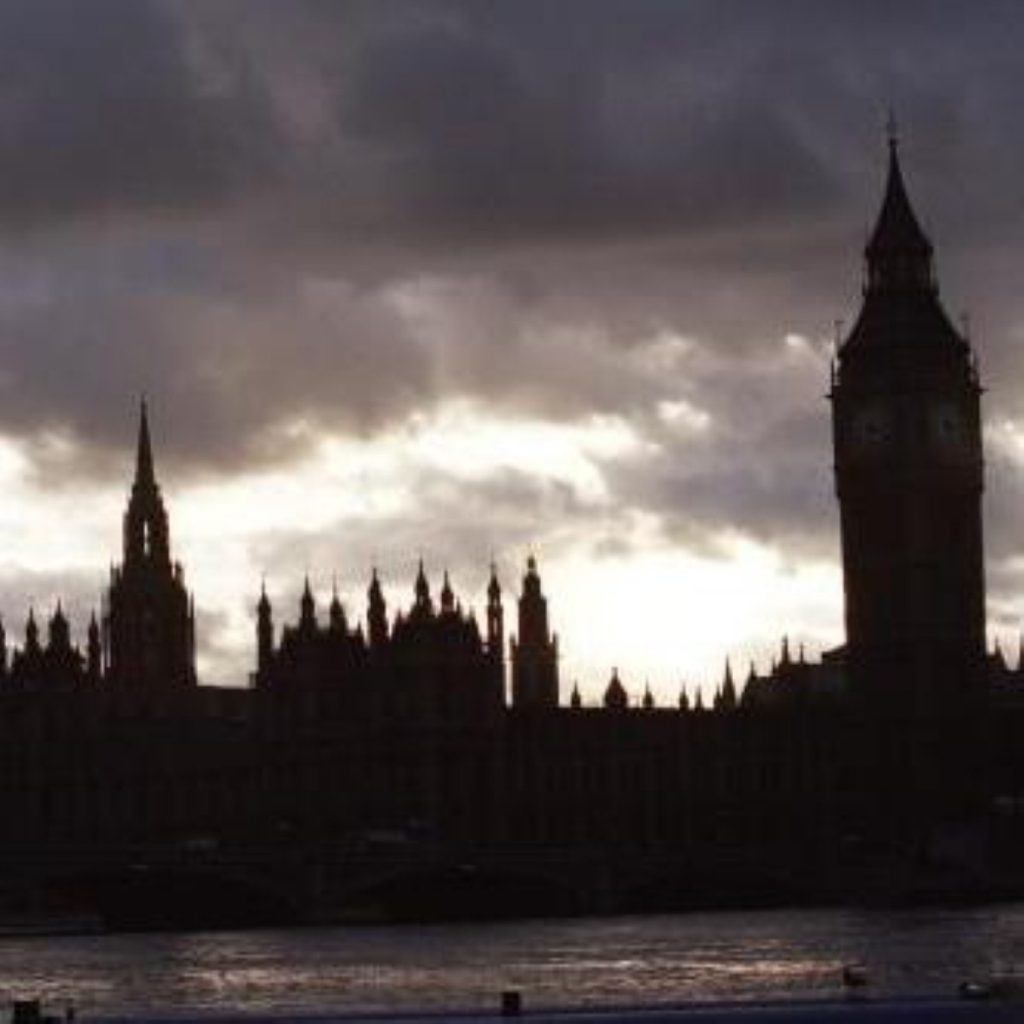Straw supports 15-year limit on peers
By politics.co.uk staff
The reformed House of Lords could limit peerages to a 15-year maximum term, Jack Straw suggested today.
The justice secretary was speaking at an Unlock Democracy seminar hosted by the Guardian newspaper.
He said the government was likely to come down in favour of regional lists, or semi-regional lists, which would be chosen by thirds. This would be “probably the most appropriate” option over the alternative single transferable vote and first-past-the-post systems. The latter is supported by the Conservatives.


Mr Straw said peers could be elected for the same regions as the European elections and that they would serve one term amounting to three electoral cycles.
Elections would take place by thirds, as they currently are for some local authorities, taking place at the same time as general elections. Most peers would serve less than the 15-year period, therefore.
Mr Straw also revealed his personal preference for renaming the House of Lords. He backed calling the second chamber the ‘Senate’, but claimed this was a minority view within the government.
To prevent members of the revamped second chamber using their time in politics to prepare for a career in the Commons a five-year “quarantine” period would be imposed, he added.
The justice secretary rejected the suggestion Labour had failed to deliver on constitutional issues, citing the Human Rights Act, freedom of information and the near-abolition of hereditary peers from the Lords.
He pressed the importance of a gradual approach to reform, saying campaigners should not get too worried about the difference between an 80 per cent elected second chamber and a 100 per cent chamber.
“Getting this through at the next stage is going to be hard,” he warned.
“They’ll argue on grounds of practicality. These arguments will work themselves out in the wash.”
Meg Russell of University College London’s constitution unit agreed, saying that her former boss Robin Cook had “effectively scuppered” plans for a partially elected Lords by going all-out for complete reform.
“There’s a bit of an illusion of consensus going on here,” she said. “There’s less agreement than we would like to think.”
She predicted agreement would break down on the powers of the House of Lords and over whether the second chamber should always be in a state of no overall control.









